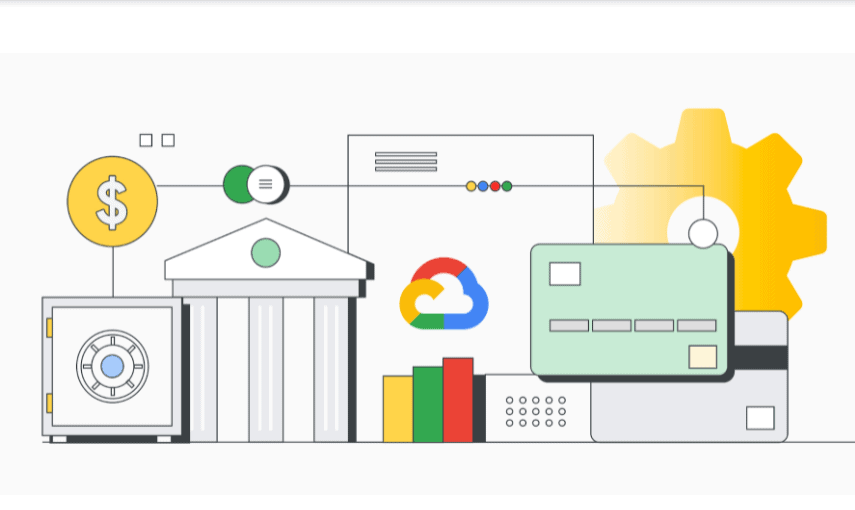Google has announced an acceleration of its efforts to collaborate with customers in the decentralized ledger technology space. Google Cloud established a Cloud Digital Assets Team dedicated to collaborating with clients in the use of blockchain technology. Google has led Internet Technology as a leader in innovation, scale, and services development. News that it has turned a focus to blockchain is significant for the future of blockchain.
Google Sees Blockchain Potential
Google’s cloud services announcement is not its first engagement with blockchain.Google has some current involvement with cryptocurrency in its payments systems. Gemini users can buy Bitcoin with Google Pay. Google Pay works with Coinbase to permit payment for services. And Bakkt works with Google Pay to enable Exchange to spend cryptocurrency through Google’s system.
Google Cloud Will Help
The dedicated Digital Assets Team will assist clients working with blockchain-based platforms and software systems. Google will help clients seeking to create products and innovations. Google seeks to support blockchain technology as ecosystems of the future.
Today, Google clients seek to use blockchain powered platforms to trade digital assets, store value, and launch new products and services. The Google infrastructure is scalable and sustainable and offers enormous potential when applied to native blockchain systems or blockchain strategies.
A Growing Group of Users
Distributed ledger solutions currently using Google infrastructure are examples of the productivity of cloud services. Dapper Labs, Hedera, and Theta Labs use Google Cloud. The Google Cloud team will focus on those and similar activities. The Google Cloud is a strong, safe infrastructure. It may be deal for hosting nodes, node validation, and on-chain governance. Users can use Google infrastructure as a clean environment to develop node systems.
Google payment systems offer opportunities to ease limitations and complexity in current systems. Google Pay is an extensive and powerful system with the appropriate sped and scale to facilitate high transaction volumes.
Eyes on the Future
Blockchain, cryptocurrency, and digital assets have grown in impact and importance in the past 15 years. The current rise in NFTs and metaverse innovations are current examples of the popularity of decentralized ledger platforms. The initial limitations of scalability, transaction speed, and reliability are fading as improvements and new case uses demonstrate the value of the underlying technology.
Digital assets as a class are moving to mainstream finance and the disruptive effects of decentralized finance accelerate each year. And other dominant technology firms like Meta have moved in the direction of incorporating decentralized ledger technology in usages that include and go beyond cryptocurrency.
The dominant tech forms in the current iteration of the World Wide Web have a view towards the potential emergence of Web 3. Google is working to support blockchain in Cloud infrastructure and payments. Meta has embarked on a broad transformation to a metaverse.
Google’s efforts to work with blockchains and involve in its cloud services can address the structural limitations of decentralized ledgers. Cloud computing has a potential to enhance blockchain platforms. Cloud infrastructure can extend the volume, speed, and overall capacity of decentralized ledgers.
